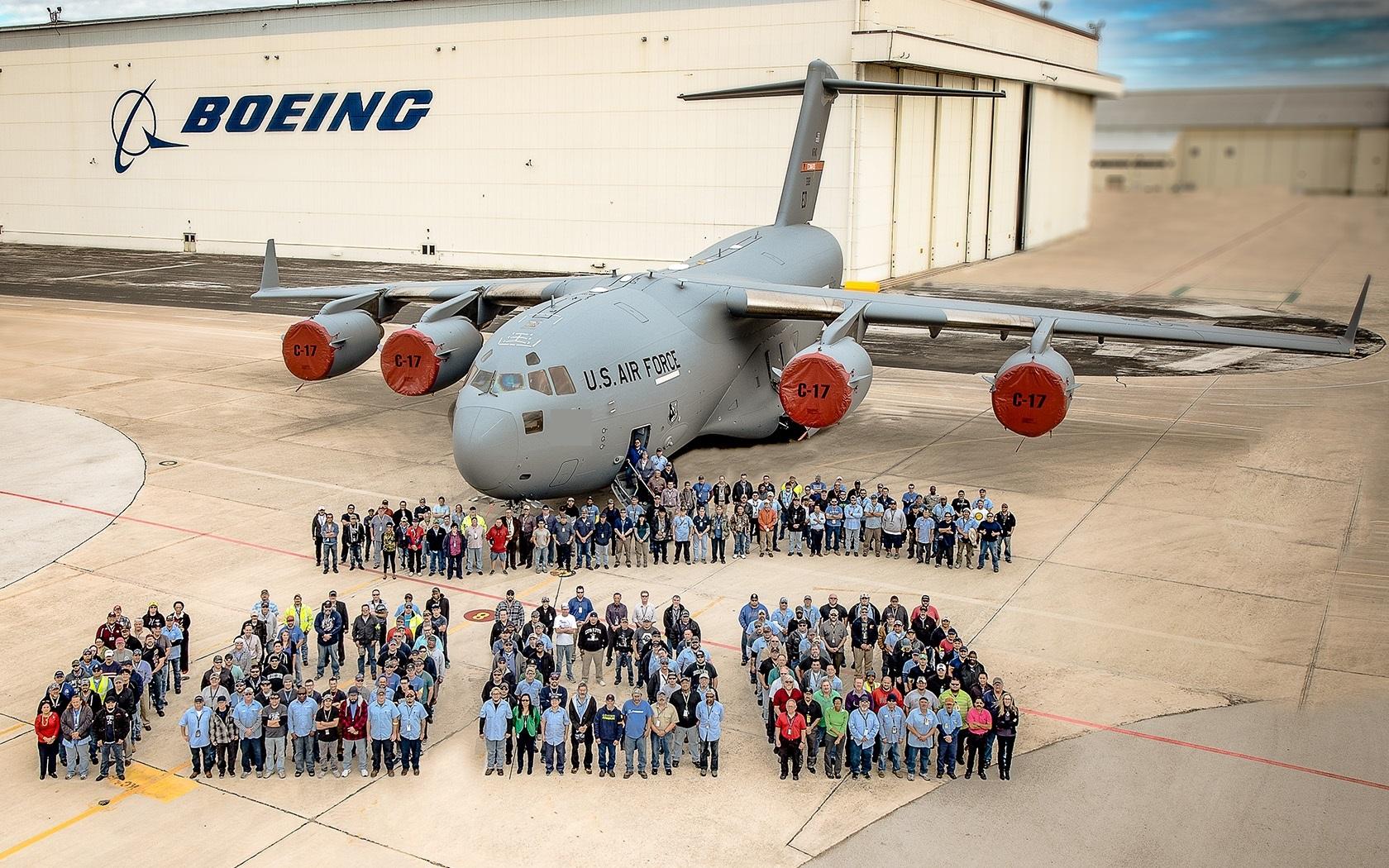Boeing Defense Workers Strike in St. Louis After Rejecting Contract, Threatening Key U.S. Military Aircraft Production
Above 3,200 unionized workers employed at Boeing’s defense facilities in the St. Louis area and parts of Illinois initiated a strike on August 4, marking a significant labor action within the U.S. aerospace sector.
The walkout follows the rejection of a second contract proposal from Boeing, which workers claim failed to adequately address their core demands around wages, healthcare, job security, and long-term labor rights.
 |
| File Photo: Boeing Defense |
Their decision to strike reflects growing frustration among defense industry laborers who argue that Boeing’s profits from defense contracts are not translating into improved compensation or protections for frontline employees.
Union representatives stated that the most recent contract offer was largely a repeat of a previously rejected proposal. The revised deal included a 20% general wage increase over four years, a $5,000 ratification bonus, and improvements to vacation and sick leave policies.
Boeing claims these changes would raise average compensation by 40%. Workers, however, view the gains as insufficient, especially given rising inflation and the critical nature of their contributions to national security projects.
Beyond wages, the strike centers on broader labor concerns. Union leaders have pointed to rising workloads tied to Boeing’s defense contracts--including the recently approved F-47A--and are demanding clearer promotion pathways, stronger job protections, and assurances against excessive overtime or potential outsourcing.
Tom Boelling, President of IAM District 837, stated that the strike represents more than a wage dispute--it’s about recognizing the value of a skilled workforce integral to U.S. defense manufacturing.
“These are the people who build the aircraft our military depends on. They deserve respect, security, and a fair contract that reflects their essential role,” he said.
Boeing has expressed disappointment at the outcome but said contingency plans are in place to maintain production schedules.
Dan Gillian, vice president and general manager of Boeing’s St. Louis defense operations, described the proposal as “generous,” while CEO Kelly Ortberg told investors that the company is prepared to manage the disruption, referencing previous labor actions as precedent.
The strike impacts production lines for several high-profile military aircraft, including the T-7A Red Hawk trainer and MQ-25 Stingray refueling drone, in addition to the F-15 and F/A-18 platforms.
It also raises concerns about potential delays in the rollout of the F-47A program, which was recently greenlit for U.S. Air Force adoption.
The standoff spotlights long-simmering tensions in the defense manufacturing sector between cost containment and fair labor treatment.
How Boeing navigates this labor dispute could shape not only timelines for vital defense equipment but also broader perceptions of labor equity in the American aerospace industry.
